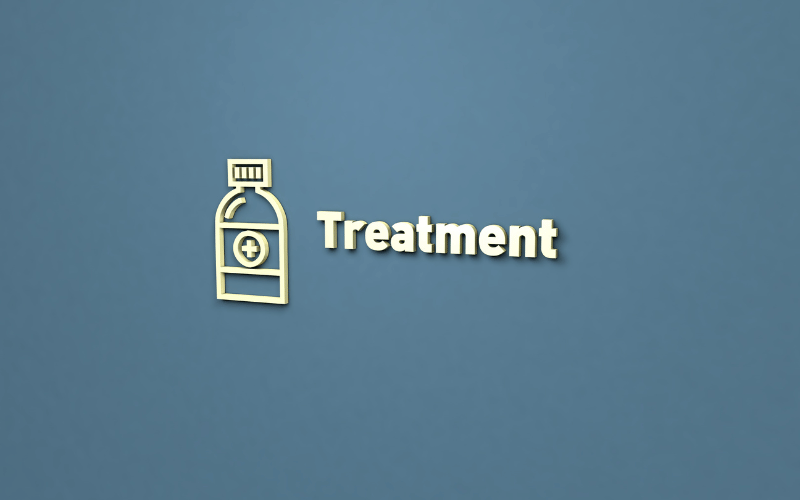Fact 7: No Specific Treatment is Needed for TGA

Delving into the realm of transient global amnesia, it’s vital to comprehend one crucial element. Unlike many other conditions with prescribed medications or therapy plans, TGA stands apart with its unusual absence of specific treatment. This characteristic further bolsters its peculiar reputation among neurological anomalies.
However, understanding this facet requires a look at the nature of TGA itself. The condition, marked by a sudden and temporary memory loss, is self-resolving. Typically, an episode lasts mere hours, after which the individual’s memory capabilities revert to normalcy, leaving no trace of the prior disturbance.
Once other conditions have been ruled out, the physician’s role evolves to providing support. The hospital staff, together with the patient’s family, work towards creating a calm atmosphere to help the patient through the episode.
Comforting the patient, ensuring they are in a familiar and safe environment, and patiently answering their repetitive questions form part of this supportive care. Since TGA doesn’t leave lasting impacts on cognitive abilities, the patient usually remembers nothing about the episode, further emphasizing the need for a gentle approach during this period.
As a TGA episode resolves, the medical journey doesn’t end. The individual needs reassurance that their memory is intact and that they’re unlikely to experience such an episode again. Ensuring proper follow-up with their primary care physician or a neurologist for any persisting concerns or anxieties is also critical.
Despite the lack of a medical ‘treatment’, managing TGA involves a series of steps. Each contributes to a safe and reassuring experience for the affected individual, facilitating their return to normalcy after the temporary memory disruption. (7)